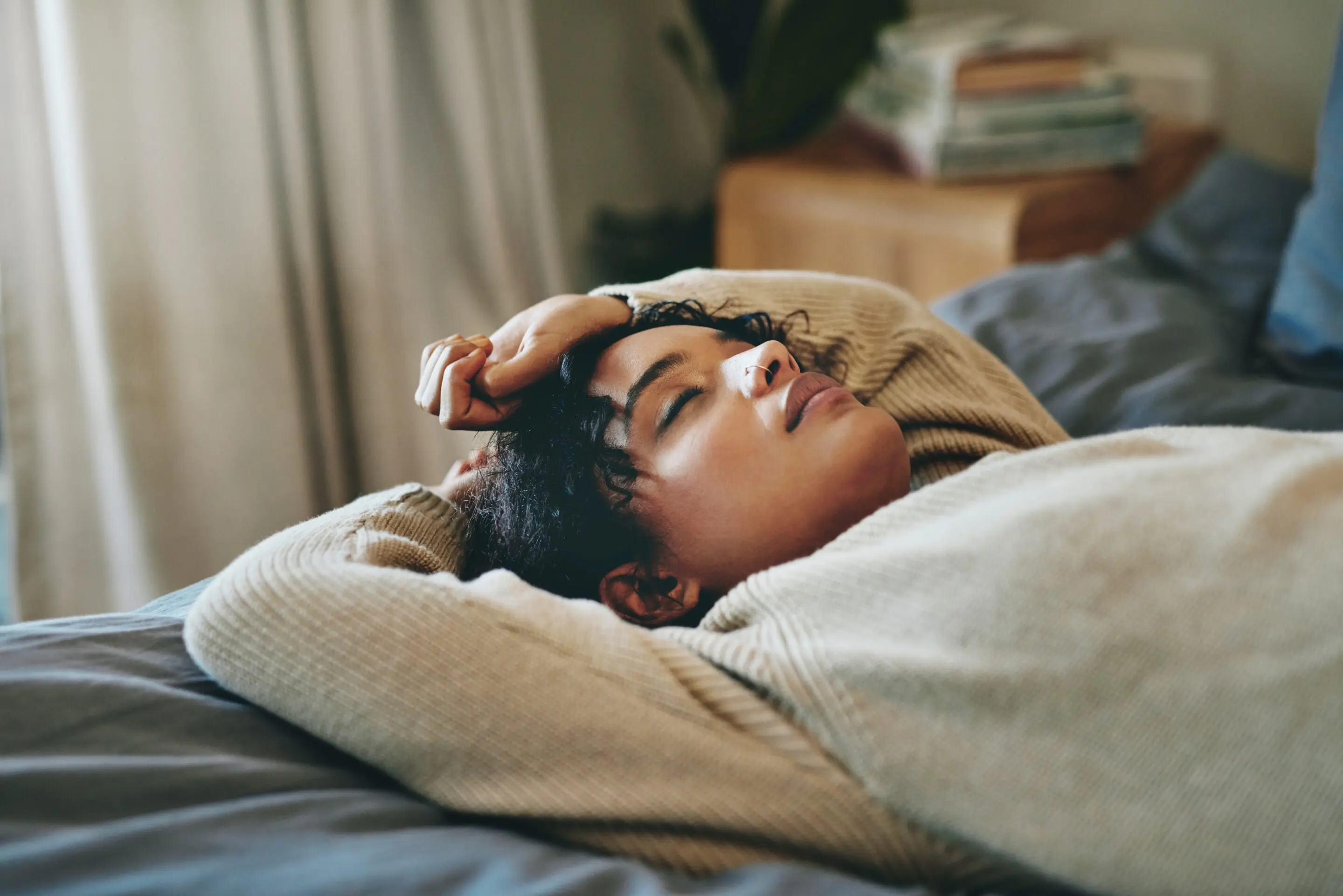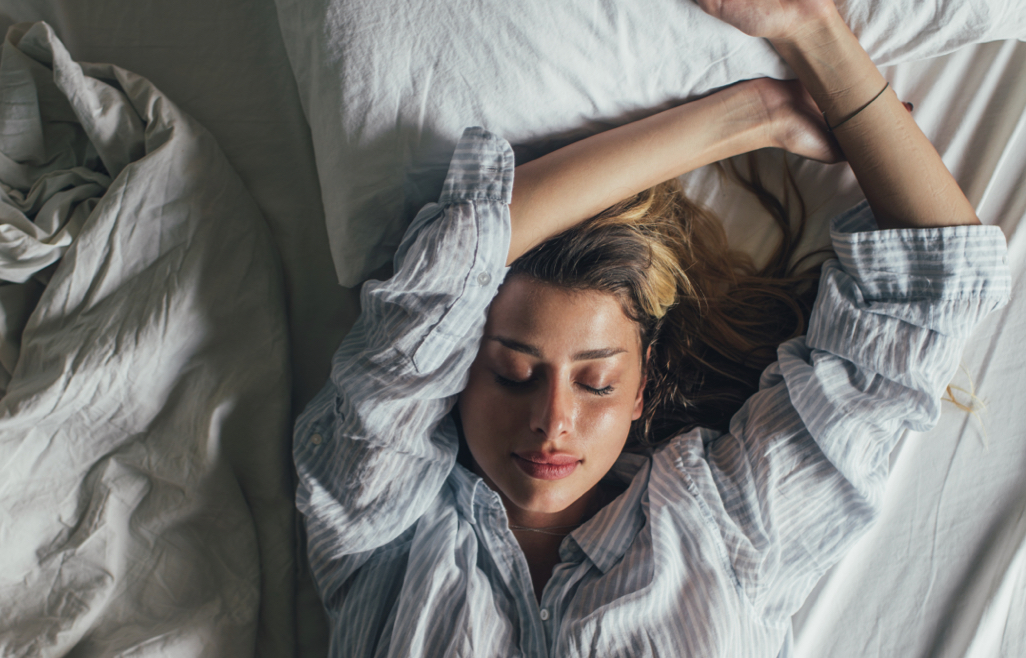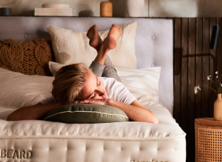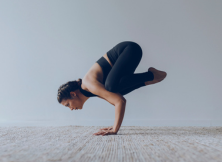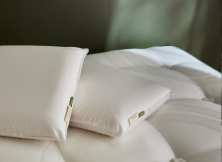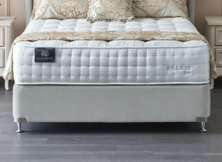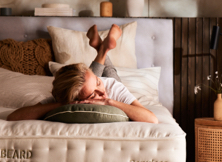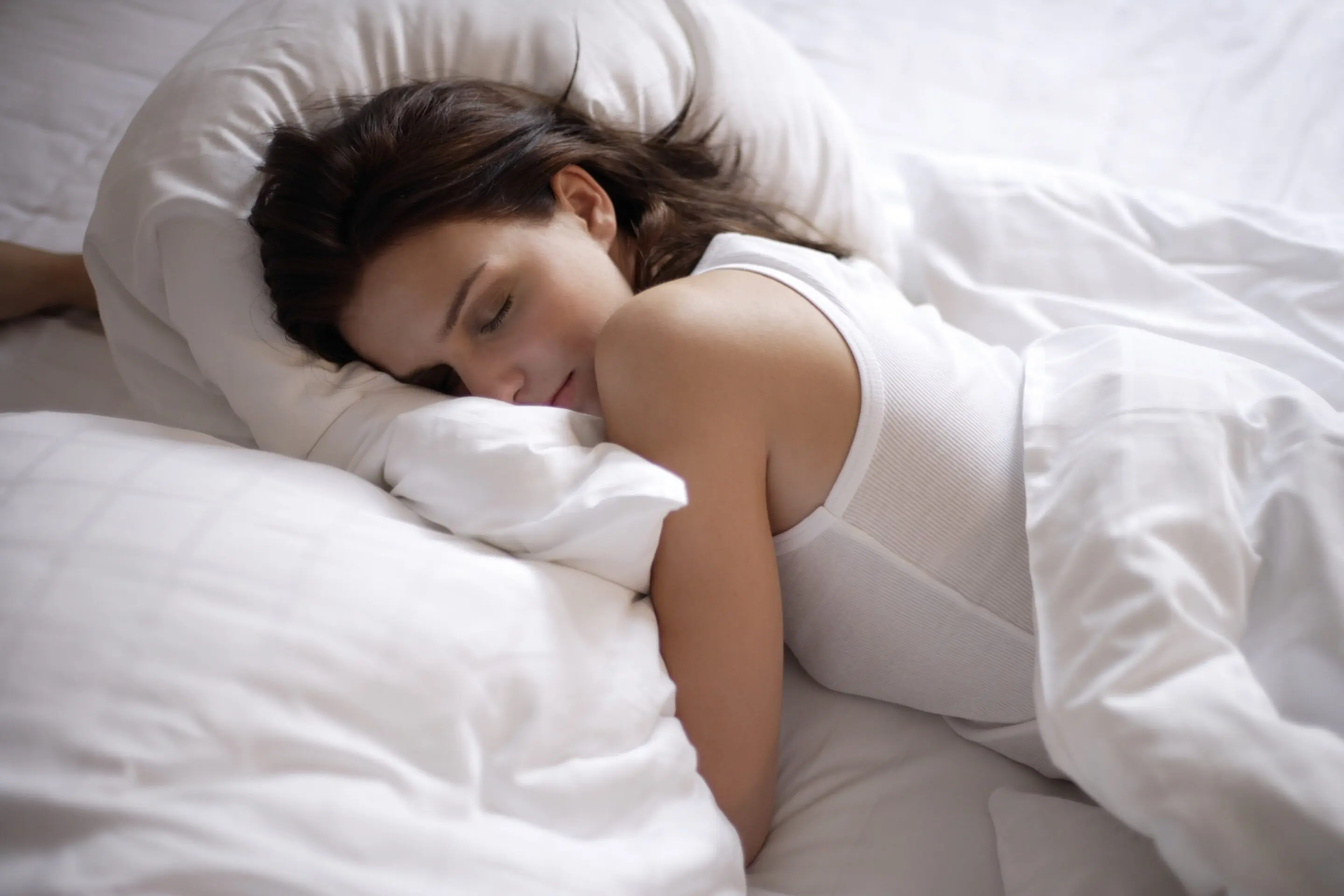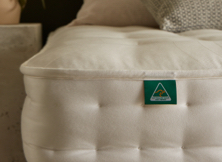Getting into a regular routine of going to bed and rising at the same time every day is one of the most important habits for achieving better sleep.

The right bedtime routine can not only help you fall asleep faster, but also help you sleep more soundly so you wake up feeling refreshed and ready for the day. Establishing a pre-bedtime routine is easier than you might think. To improve your sleep, try working these five habits into your evening routine.
Give yourself a curfew
Set yourself a specific bedtime. Adults need 7 to 9 hours of sleep each night, so figure out what time you need to get up in the morning and count back 7.5 hours as a good time to start preparing for bed. You may need more sleep than this, depending on your life stage. How much sleep do I actually need?
Establishing a regular bedtime may mean cutting things out of your schedule to make time for sleep. You may need to wait until the next day to watch a TV show or movie, come home early from hanging out with friends, or manage other competing priorities. If you are trying to get to bed substantially earlier (say an hour or two), set yourself curfews in stages—try bumping your bedtime 15 minutes earlier one week, and then 30 minutes earlier the next week, and so on. This will help to avoid establishing a sleep debt.
Ditch the tech
Switch off all electronic devices an hour before bed – that means avoiding TV or looking at any laptop, tablet or smart phone screens. Exposure to the artificial blue and white light emitted from digital screens prevents your brain from releasing the hormone melatonin, which lets your body know when it’s time to hit the hay.
Create a comfy bedroom

One quick way to get motivated to go to bed is to give yourself something to look forward to. Think: cosy pyjamas that you can’t wait to put on at night and a luxurious sheet set that makes your bedroom feel like a five-star hotel. Make your room peaceful and conducive to sleep by keeping it quiet, cool, and dark. Earplugs are helpful if you live in a noisy area. Outside light can keep you awake, so try room-darkening shades or an eye mask.
Your mattress and pillow also make a big difference. A mattress should feel comfortable, and if you sleep with a partner, make sure it’s big enough so you both have plenty of space. Follow our tips for getting comfy to sleep better.
Relax and unwind

Get ready for bed—by washing your face, brushing your teeth, putting on your PJs, and relaxing with calming activities. Whether it’s curling up with a book, listening to soothing music, taking a warm bath, or practising relaxation or breathing exercises, doing the same relaxing thing every night will signal to your body that it’s time to settle down.
Get bendy and try yoga
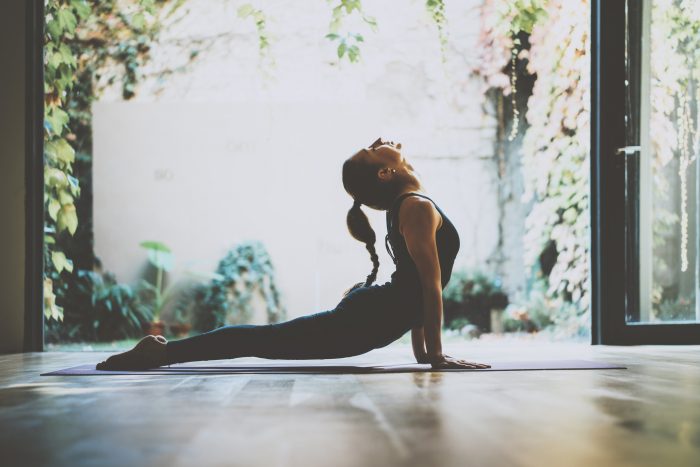
Yoga continues to grow in popularity to clear the mind and reduce stress. Its calming effects help you to wind down and separate from the stresses of everyday life. If partaking in a yoga class a few times a week doesn’t fit into your schedule or budget, no need to worry. Check out some of these yoga poses to help you sleep better, that you can easily do in the privacy of your own home.
Introducing just a few of these habits into your daily routine can help you go to bed and wake up easily. Take control of your internal body clock. Try it tonight to see just how simple it is to improve your shut eye.
